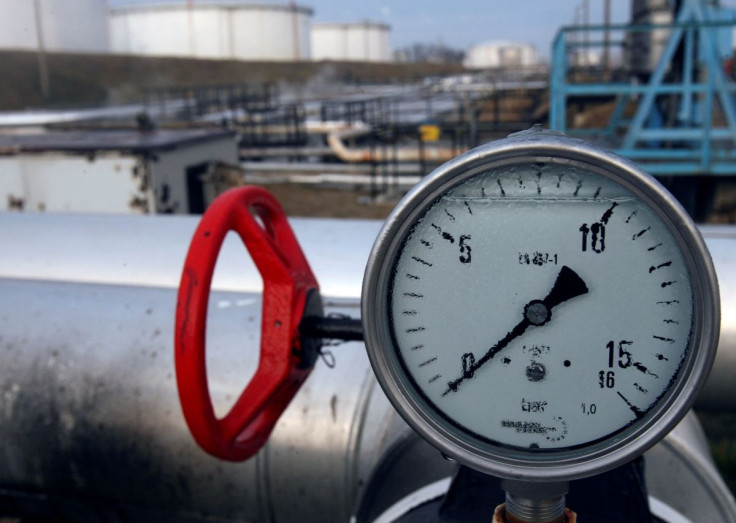Oil Dives 6% As Shanghai Lockdowns Stoke Demand Fears

Oil slumped about 6% on Monday to its lowest in two weeks on growing worries about the global energy demand outlook due to prolonged COVID-19 lockdowns in Shanghai and potential increases in U.S. interest rates.
In Shanghai, authorities have erected fences outside residential buildings. In Beijing, many people have begun stockpiling food, fearing a similar lockdown after the emergence of a few cases of COVID-19.
"It seems that China is the elephant in the room," said Jeffrey Halley, analyst at brokerage OANDA. "The tightening COVID-zero restrictions in Shanghai, and fears Omicron has spread in Beijing, torpedoed sentiment today."
Brent futures fell $6.17, or 5.8%, to $100.48 a barrel by 11:12 a.m. EDT (1512 GMT). U.S. West Texas Intermediate (WTI) crude fell $5.91, or 5.8%, to $96.16.
"Shanghai shows no signs of letting up its strict zero-COVID policy; instead vowing to step up the enforcement of COVID restrictions, which could hurt oil demand further," said City Index analyst Fiona Cincotta.
Both benchmarks were on track for their lowest closes since April 11. Both lost nearly 5% last week and Brent has retreated sharply after hitting $139 a barrel last month, its highest level since 2008.
Also pressuring oil, the U.S. dollar rose to a two-year high against a basket of other currencies on the likelihood of U.S. interest rate hikes. A strong dollar reflects risk aversion among investors and makes oil more expensive for other currency holders. [USD/]
The Chinese yuan was set for its biggest three-day losing streak in nearly four years on worries of an economic slowdown in the world's biggest oil importer.
Oil gained support earlier in the year from tight supplies after Russia's Feb. 24 invasion of Ukraine caused customers to avoid buying Russian oil due to Western sanctions. But, the market could tighten further with a European Union (EU) ban on Russian crude.
The EU is preparing "smart sanctions" against Russian oil imports, according to a report in The Times of London that cited the European Commission's executive vice president, Valdis Dombrovskis.
Russia's NK Rosneft PAO failed to sell oil in a jumbo tender after demanding prepayment in roubles, five traders said, meaning the country's top oil company must find ways to divert more crude to Asian buyers via private deals.
A shipping unit of France's TotalEnergies SE has provisionally chartered a tanker to load Abu Dhabi crude in early May for Europe, the first such shipment in two years, according to traders and a shipping report.
© Copyright Thomson Reuters {{Year}}. All rights reserved.





















